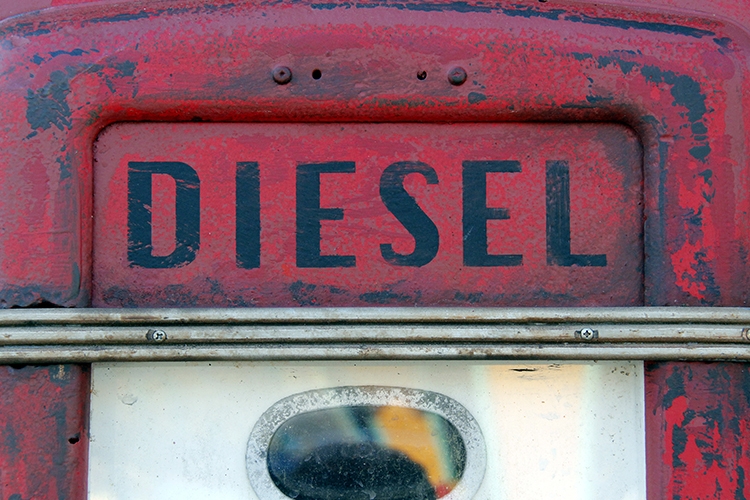By Graham Hawkins, director, UK environmental adjusting and Laura Horrocks, director, head of fraud technology and intelligence
Oil has become a precious commodity and is now being targeted by thieves across the UK.
Exposure is far reaching — from commercial premises to rural properties and private vehicles. One haulage firm had £24,000 of diesel stolen recently and, in the process, storage tanks were damaged. The perpetrators left diesel leaking on the premises — causing additional loss.
Combined with escalating fuel costs, pressure on the government to meet emissions targets has resulted in a change in legislation regarding ‘red’ diesel. From 1 April 2022, any domestic or commercial property will need to comply with the changes set out in the reform of red diesel and other rebated fuels entitlement, which will reduce or remove the availability of cheaper red diesel for many.
Amid the current cost of living crisis, the insurance industry should be prepared for a potential increase in fuel theft, fraud and environmental pollution claims.
What is red diesel?
Otherwise known as gas oil, off-road diesel or ‘tractor diesel’, red diesel is typically used for agricultural transport, power generation and selected commercial heating or burning uses. It’s not used for standard road vehicles, which means it’s taxed at a lower rate and is significantly cheaper. There are strict legal requirements about when and how it can be used, which is why it’s dyed red to help identify illegal consumption.
Any business that no longer qualifies under the new rules will be left with equipment that needs emptying and flushing through so that it’s compatible with regular ‘white’ diesel. Experts are reminding customers that there’s a cost associated with this process, but many are unaware or might have delayed responding to these changes while cheap red diesel is still available. Some property owners may ultimately decide to undertake this work themselves, which isn’t recommended. When handling this type of fuel, there’s always the potential for environmental incidents to occur.
Environmental pollution
In their haste to leave the crime scene, oil thieves regularly leave pumps running, or their make-shift hose connections fail, which could drive an increase in pollution incidents as this type of offence escalates. The subsequent clean-up costs are potentially huge, as the work must comply with regulatory demands and needs to be carried out by an experienced, technical, environmental claims management team.
Policyholders and their advisors should also make sure that adequate cover is arranged to respond to regulatory liabilities, as opposed to civil liability or negligence. Just because the policy states that ‘pollution’ is covered it doesn’t mean that it will always respond.
Increased risk of fraud
To comply with new red diesel regulations, owners and operators might find that their oil storage tanks need to be improved, which could influence fraudulent activity around existing ‘damage’. Any tank losses in the coming months should be investigated further to consider the age and condition of the equipment and challenge the legitimacy of the claim where appropriate.
Parts of South Wales have seen an increase in domestic heating oil thefts in recent weeks. These claims might also be liable to exaggeration, where the theft is reported to be from a full or nearly full tank, for example. Proof of purchase and usage will require further scrutiny. And as many individuals and companies begin to struggle financially, claimants might be tempted to pursue false claims as a result of increasing media exposure around oil thefts.
What’s next?
Customers should be vigilant over the coming months. Added security and closed-circuit television (CCTV) may be needed to protect large quantities of oil in commercial settings. Cars are best parked in well-lit areas, with the fuel cap positioned close to a wall or barrier of some kind. While fuel theft from vehicles might be low in quantity, the damage caused in gaining access can be significant. Domestic heating oil tanks should be well maintained and, if located out of sight of the main residence, regularly inspected for evidence of tampering.
If you need expert assistance with environmental spills, pollution, suspected fraud or any type of oil theft claim, we’re here to help.
Graham Hawkins| director, UK environmental adjusting
M +44 7920 871 042
Laura Horrocks | director, head of fraud technology and intelligence
M +44 7788 350 317

